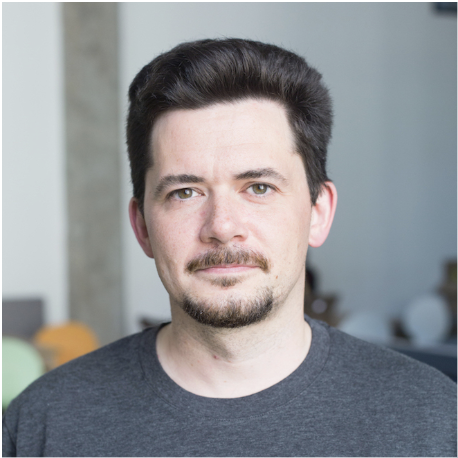Berkeley Science Fellows Program
Incorporating UC Berkeley Postdocs into the startup ecosystem The Berkeley Science Fellows Program is the latest initiative being officially launched at Berkeley SkyDeck , the premier startup accelerator at the University of California, Berkeley. This program is the first of its kind in the world, supported by the Visiting Scholars Read more…







